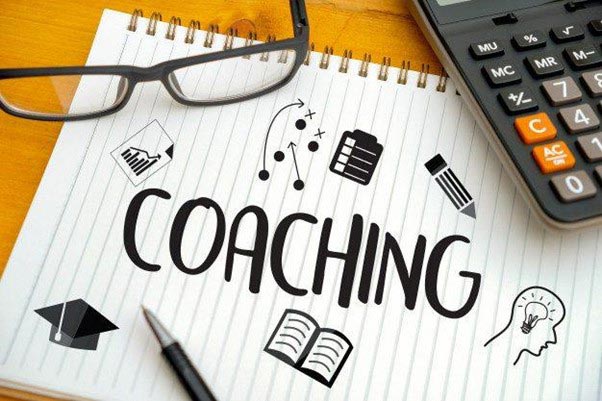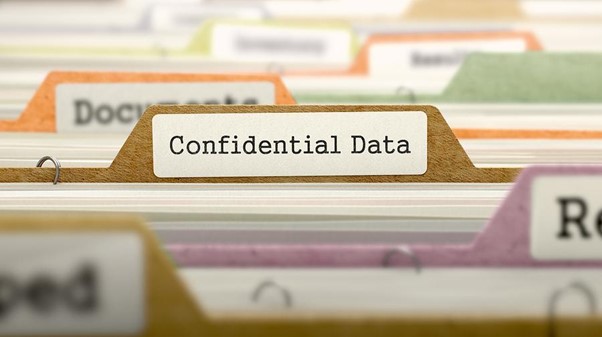
The Importance of Ethics in Health Coaching
Coaching is a powerful tool for personal and professional growth. As health coaches, we have an ethical responsibility to ensure the welfare of our clients and abide by professional standards that promote their best interests.
The importance of ethics in coaching cannot be overstated; it ensures that we maintain a high level of integrity, trustworthiness, and professionalism in our roles.
What is Ethical Coaching?
Ethical coaching is about understanding and upholding the ethical principles of conduct that apply to the profession.
This includes being honest, respecting confidentiality, and adhering to a set of professional standards.
An ethical coach will seek to understand their client’s values and aspirations, help them set realistic goals, and provide unbiased advice.
Ethics and Professional Responsibility in Coaching
Professional responsibility is a critical aspect of coaching. As coaches, we must ensure that we always act in the best interests of our clients.
This includes demonstrating impartiality, understanding their unique context, recognizing our own biases and limitations, and respecting the limits of our knowledge and expertise.
Professional responsibility also requires that we remain up to date with relevant laws, regulations, and ethical codes that govern our industry.
Benefits of an Ethical Approach to Coaching
Adopting an ethical approach to coaching has numerous benefits; it ensures trust between the coach and client, allows for a safe and respectful environment, and promotes the client’s best interests.
An ethical approach also helps to ensure that coaches operate within their scope of practice, providing accurate information and guidance to their clients.
Challenges of an Ethical Approach to Coaching
While there are many benefits to taking an ethical approach to coaching, it can be difficult to maintain in certain situations.
Ethical dilemmas can arise when a coach is faced with the challenge of balancing their duty to the client and their interests.

Conflicts of interest can also present challenges; for example, if a coach has a personal relationship with a client or works within an organization that has an incentive structure based on performance metrics.
How to Prepare for Professional Responsibility as a Health Coach?
Stay Current
Professional responsibility requires that you stay up-to-date with the latest coaching practices, tools, and techniques, and any regulatory changes that occur within the profession.
Engage in regular continued learning, network with other coaches in Singapore, and keep abreast with the ethics surrounding coaching.
Manage Your Time Effectively
As a coach, time management is crucial. You need to manage your coaching schedules efficiently and ensure that you have enough time to engage with your clients effectively.
Also, ensure that you maintain accurate records of your coaching sessions to use for review purposes.
Set Clear Boundaries
Although your job demands that you forge a close relationship with your clients, it’s essential to draw a clear line to maintain standard professional boundaries.
Setting lines helps you maintain client privacy and prevents any issues from emerging.
Understand Your Clients' Needs
Clients come to you with varied needs, so it’s essential to understand your client’s background, experiences, and possible triggers that might arise during the coaching process.
Do Not Overstep Your Bounds
It can be tempting to involve yourself in matters outside of coaching, but the ethical responsibility demands that you avoid delving into areas outside your area of expertise.
Maintain Confidentiality
Professionalism demands that you keep everything said during coaching sessions confidential. You are not allowed to disclose any information to other parties, except for a few rare exceptions, such as when a client is suicidal or is a harm to others.

Conduct Regular Self-Reflection
Being a coach demands constant self-reflection, mainly when you’ve had challenging sessions with your clients. Take time to review your work, your reactions, and your emotions during sessions to ensure that you’re serving your client’s interests and developing professionally.
Tailor Your Approach
Flexibility is vital when coaching individuals. Note that coaching strategies work differently with various clients, so adjust your approach to fit each person’s unique needs.
Engage in Professional Supervision
Supervision is vital as it helps you evaluate your work, identify difficult or emotional areas, and receive feedback before, during, and after the coaching process.
Seek professional supervision from experienced individuals or peers, conduct peer review sessions, or hire professional supervisors to ensure you’re serving your clients effectively.
Set Clear Goals
Lastly, it’s imperative to work with your clients and establish clear goals around what is expected when working together.
Establishing benchmarks based on initial consultations and evaluations, promoting transparency, and a sense of accountability between you and your client.
Conclusion
The importance of ethics in coaching cannot be overstated; it is essential for maintaining the trust between coach and client and upholding professional standards.
Coaches should strive to be aware of their ethical obligations and recognize the challenges they may face when balancing their duty to their clients and personal interests.
Developing a comprehensive understanding of ethics, legal regulations, and professional standards enables coaches to ensure that they are fulfilling their responsibilities as professionals.
In conclusion, taking an ethical approach to coach is an essential part of the profession, and coaches should strive to maintain a high level of professional integrity.
Adhering to ethical principles ensures that they are providing accurate information and guidance while protecting their client’s best interests.
By understanding the ethical obligations associated with coaching, preparing for potential challenges, and staying mindful of their own biases, coaches can ensure that they are meeting their professional responsibility.
Learn more.